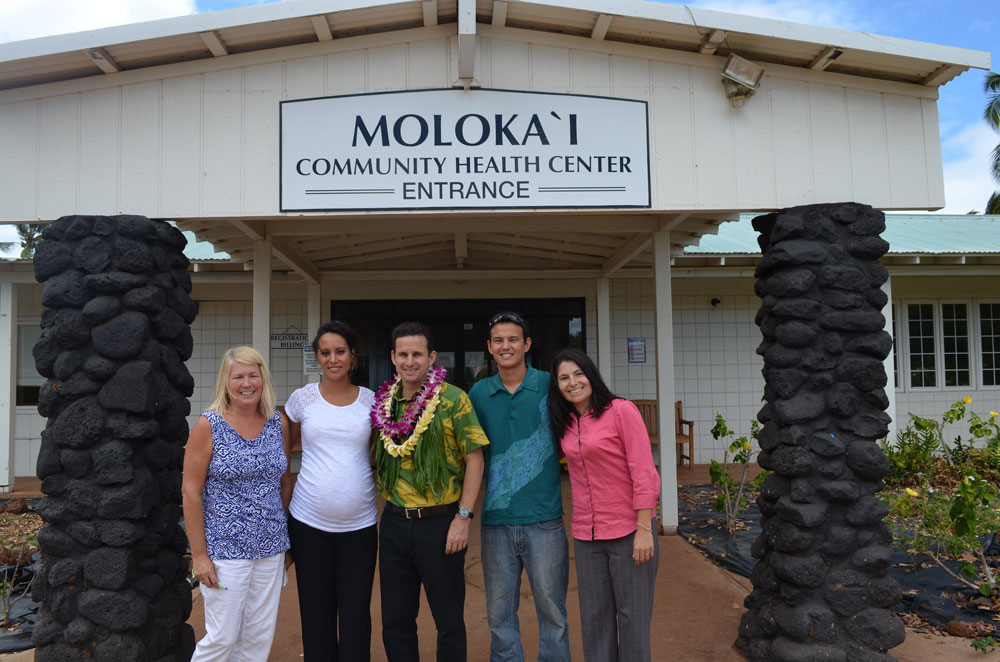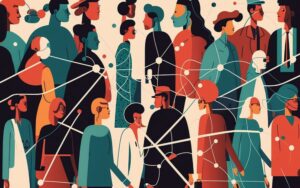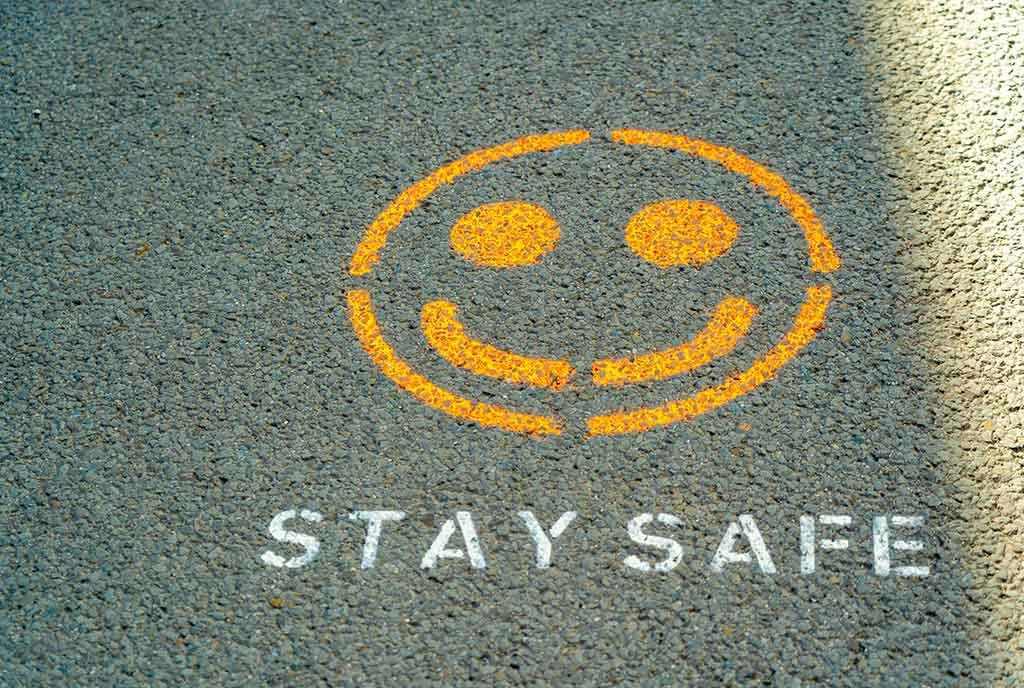
March 5, 2020; Truthout
Surprise! Or perhaps, to no one’s surprise, the health care agencies that are best positioned to deal directly with an outbreak of disease (like, say, the COVID-19 coronavirus) are facing financial insecurity and the possibility that federal funding for their work could terminate May 22nd.
Community health centers hold a unique position in this nation’s healthcare network. With roots in the civil rights movement, these clinics often fill a critical gap, serving low-income patients in rural and urban areas where quality health care is difficult to find.
A decade ago, these clinics also received a major boost. As Mike Ludwig reports for Truthout, “In 2010, legislation added to the Affordable Care Act (ACA) by Sen. Bernie Sanders (I-VT) established a fund that provides about 72 percent of funding for thousands of community health centers nationwide.” Congress has voted to renew and expand the fund twice since.
Back by this support, Ludwig adds, since 2010, “the number of health centers increased by 59 percent nationally, bringing much-needed services to rural and lower income areas as an opioid overdose epidemic swept the country. During that time, the share of health centers offering mental health services grew by 22 percent and the number offering substance abuse treatment grew by 75 percent, according to the Kaiser Family Foundation.”
Known also as Federally Qualified Health Centers, these clinics must have a governing board that is made up of at least 51 percent stakeholders and patients. They have been in existence for more than 50 years and have expanded to serve 29 million patients at 11,000 locations across the country, according to the National Association of Community Health Centers. Another unique aspect of this network of clinics is the tailoring of each one to the needs of the community in which it resides. This includes having staff who speak languages spoken by the population served and having staff who respect the customs and lifestyles of area residents, who are often immigrants.
Sign up for our free newsletters
Subscribe to NPQ's newsletters to have our top stories delivered directly to your inbox.
By signing up, you agree to our privacy policy and terms of use, and to receive messages from NPQ and our partners.
“With any public health challenge, whether it be the novel coronavirus or H1N1 or even Ebola a few years ago, community health centers are uniquely positioned because they have the existing relationships with community stakeholders and a framework to communicate important information to the community at large,” notes National Association of Community Health Centers spokeswoman Amy Simmons Farber in an interview.
So why would the government cut their funding? Especially now, as the nation faces a public health crisis? As is often the case, the issue would appear to be one more of inertia than intent. A stopgap measure that has temporarily extended federal funding, which covers more than 72 percent of the funds for these sites, will expire on May 22nd. If Congress does not act before that date, these critical health clinics could have to close their doors in the middle of an outbreak of a possible pandemic.
The result, in short, could be that community health centers across the county lay off staff, reduce hours and services, or even close their doors. The losses in federal dollars will be in the billions, but the losses in trust and care could be immeasurable.
“We are especially concerned that at a time of escalating health care costs and decreasing access to primary care for millions of Americans, Congress failed to prioritize the funding of programs that have a proven track record of success in expanding access to primary care,” writes John Cullen, chair of the American Academy of Family Physicians, in a letter sent to congressional leaders last month.
It clearly would not be good politics to let a leading federal community-based health program expire during a period marked both by a public health crisis and hotly contested elections at all levels of the federal government. So hopefully Congress will act to extend funding. But then again, we live in strange and unusual times. We can only hope that rational heads will prevail.—Carole Levine













